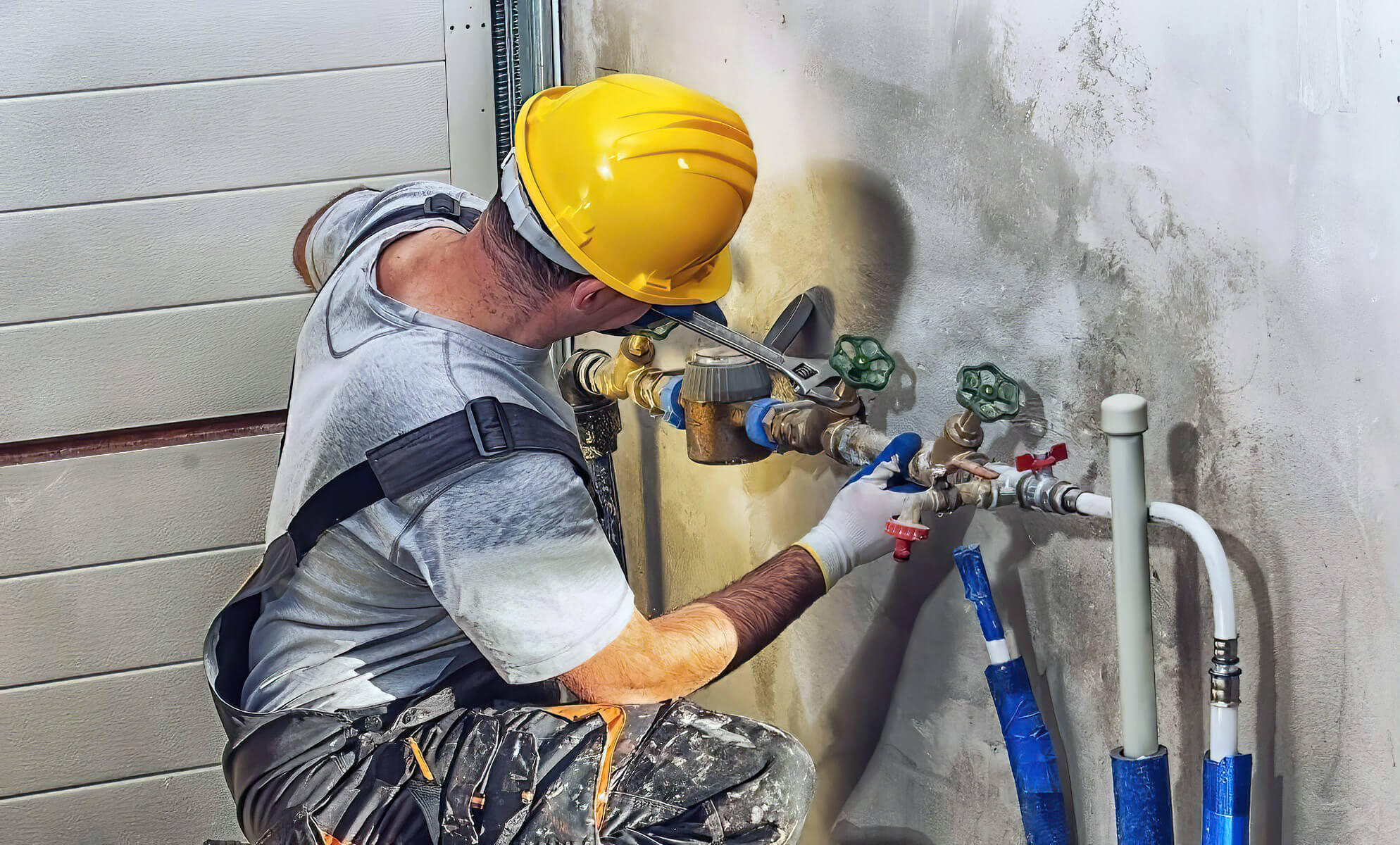Regarding maintaining a home, plumbing often is overlooked in the minds of homeowners. Nonetheless, neglecting the intricate system of piping and fixtures can lead to expensive repairs in the future. Proactive plumbing care is crucial for guaranteeing that your home remains a comfortable and safe environment. By dealing with minor issues before they become big problems, you can save effort, money, and anxiety.
In this article, we will explore useful tips and strategies to help you prevent common plumbing problems. From understanding when to tackle a plumbing task on your own or when to call in the experts, to seasonal maintenance checklists, we will provide a detailed guide to keeping your plumbing system in top shape. With the correct knowledge, you can prevent unnecessary headaches and make sure your plumbing runs smoothly year-round.
Common Pipe Issues plus Solutions
A of the most plumbing concerns homeowners experience is a blocked drain. It can result from collection of grease, tresses, and soap scum over the years. To prevent clogged plumber gorey to they develop, you might try using drain guards and consistently cleaning your sinks and tubs. In case a clog does occur, a plunger or a combination of baking soda and vinegar can frequently do the trick for small blockages. For stubborn clogs, it could be necessary to use a plumbing auger or call a plumber.
A further frequent issue is low water pressure, which can be irritating when trying to complete routine tasks. The factors can differ, ranging from a accumulation of mineral buildup in pipes to failures. Homeowners should examine aerators on faucets and showerheads and clean them if needed. Should low water pressure remains, it could suggest a more serious problem in the pipes, and it might be advisable to hire a plumber.
Finally, hidden leaks can cause serious damage if not resolved promptly. Indicators you may have a hidden leak include wet spots on walls or overheads, an inexplicable rise in your water bill, or a musty smell in certain areas. To detect these problems early, homeowners should regularly evaluate their plumbing, including under sinks and around devices. If you think there is a leak, knowing how to shut off your water in an emergency can avert further damage while you await expert help.
Plumbing Maintenance Tips

Regular maintenance is crucial for preventing costly water system issues. Property owners should regularly inspect their pipes for any indications of drips, corrosion, or wear. Checking for water stains on walls and ceilings can help catch hidden leaks early. Additionally, make sure that all taps and shower heads are working properly, as leaks can use up water and increase your expenses.
Another important maintenance step is to clear your drainage to prevent clogs prior to they can form. Utilize strainers to collect hair and gunk and conduct regular flushes with hot water or a blend of baking soda and vinegar to maintain the drains clear. It's also wise to be mindful of what goes into your drains—refrain from flushing anything that can cause clogs.
Lastly, don't overlook your hot water system. Inspect the heat settings and test the pressure relief valve once a year to ensure it is operating properly. Cleaning out the tank at a minimum of once a year helps remove sediment buildup, which can affect performance and longevity. By implementing these preventative steps, homeowners can greatly reduce the chance of water system emergencies.
Emergency Pipe Readiness
When it comes to critical plumbing situations, being prepared can make all the difference. Start by knowing how to shut off your water supply swiftly. This easy action can prevent extensive water damage and save you from costly repairs. Familiarize yourself with the location of your primary shut-off valve and practice shutting it off. Additionally, consider labeling any valves for quick identification during an urgent situation.
Having a basic plumbing toolkit on hand is crucial for homeowners. Equip yourself with items like a plunger, a pipe tool, and thread seal tape. These tools can help you address small plumbing issues before they escalate. You should also stock up on emergency supplies like towels and buckets to manage leaks or spills efficiently. Keeping a list of reliable local plumbers readily available can expedite the process of getting professional help when necessary.
Lastly, take preventive steps to minimize emergency situations. Regular plumbing inspections can identify vulnerabilities in your system, enabling you to address issues before they turn into emergencies. Understanding the common plumbing problems and how to fix them, along with seasonal maintenance practices, will further reduce your chances of encounters with plumbing disasters. Being vigilant about your plumbing needs is the best way to ensure your home remains secure and functional.
